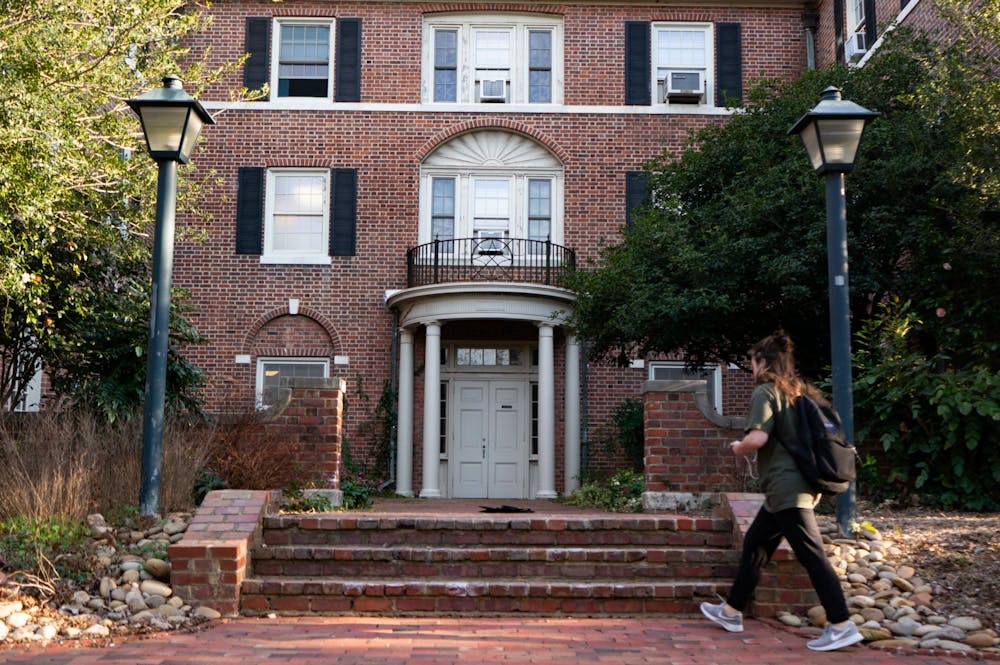According to the Carolina Housing website, the compensation package for RAs includes:
“A stipend payment of $5,000 per academic year that will be divided into 10 payments and paid monthly on the last business day of the month (except December).”
For many students in RA positions, this is their only form of income. According to the RA letter of appointment, RAs “may not hold a second part-time job (paid or unpaid) without written approval from both their supervisor and assistant director.”
“Even if someone were to have had another job that would offer benefits or unemployment benefits, we weren’t able to have those jobs in the first place,” Ashton said.
Ashton noted that per their contract, RAs are at-will employees. According to the RA letter of appointment, RAs “may be terminated at any time without additional compensation.”
Another RA, who is a junior at UNC and asked to remain anonymous due to future employment concerns, said she also interpreted this email to mean RAs will not be paid the full amount of their stipend. She said she was surprised by their termination, since Carolina Housing has not announced whether or not they will issue refunds for residents.
While Carolina Housing said RAs are released from their duties, the RA noted her personal sense of responsibility has not ended.
“I’m still working,” she said “Even though we don’t have RA duties and (Carolina Housing) thinks that we’re not working right now, we are all working. We are all responding to phone calls and text messages.”
The RA said she is formulating a response in the form of a letter to Carolina Housing. She cited RAs at other universities, such as Duke University, who will continue to be paid after residence halls close.
Joe Gonzalez, the assistant vice president of student affairs and dean for residence life at Duke, confirmed in an email that RAs for Duke Housing and Residence Life will receive their final stipend payment in April.
Ashton said the RA position is unique because one of the benefits of the position is living in a residence hall.
"Not only are you losing your income, but you’re losing your housing and your place of residence — you’re losing your home," she said.
To get the day's news and headlines in your inbox each morning, sign up for our email newsletters.
Students employed by UNC in other capacities are also impacted by closures. Senior Nico Wright previously worked for Campus Recreation as an intramural sports official in a work-study position. Because intramural games were canceled, he said his job no longer exists.
According to UNC’s website for coronavirus frequently asked questions: “... we will continue to arrange work-study wage payments for them even though they are not working. We must collect the information from the supervisor to continue the payments.”
Wright said his supervisor contacted this office per instruction. He said he has not yet heard from them about his work-study status.
“In relation to my job, I guess it’s lucky that I have a work-study position because they might be able to find extra funding for me," Wright said. "Because there are other people who have my job who aren’t work-study, so they basically are just not getting any money right now."
As a senior, Ashton said this rapid change in her job status caused by COVID-19 has shifted her overall plans for the future.
“It’s added a lot of uncertainty to a time in my life that’s already very uncertain,” Ashton said.
@madelinellis
university@dailytarheel.com



